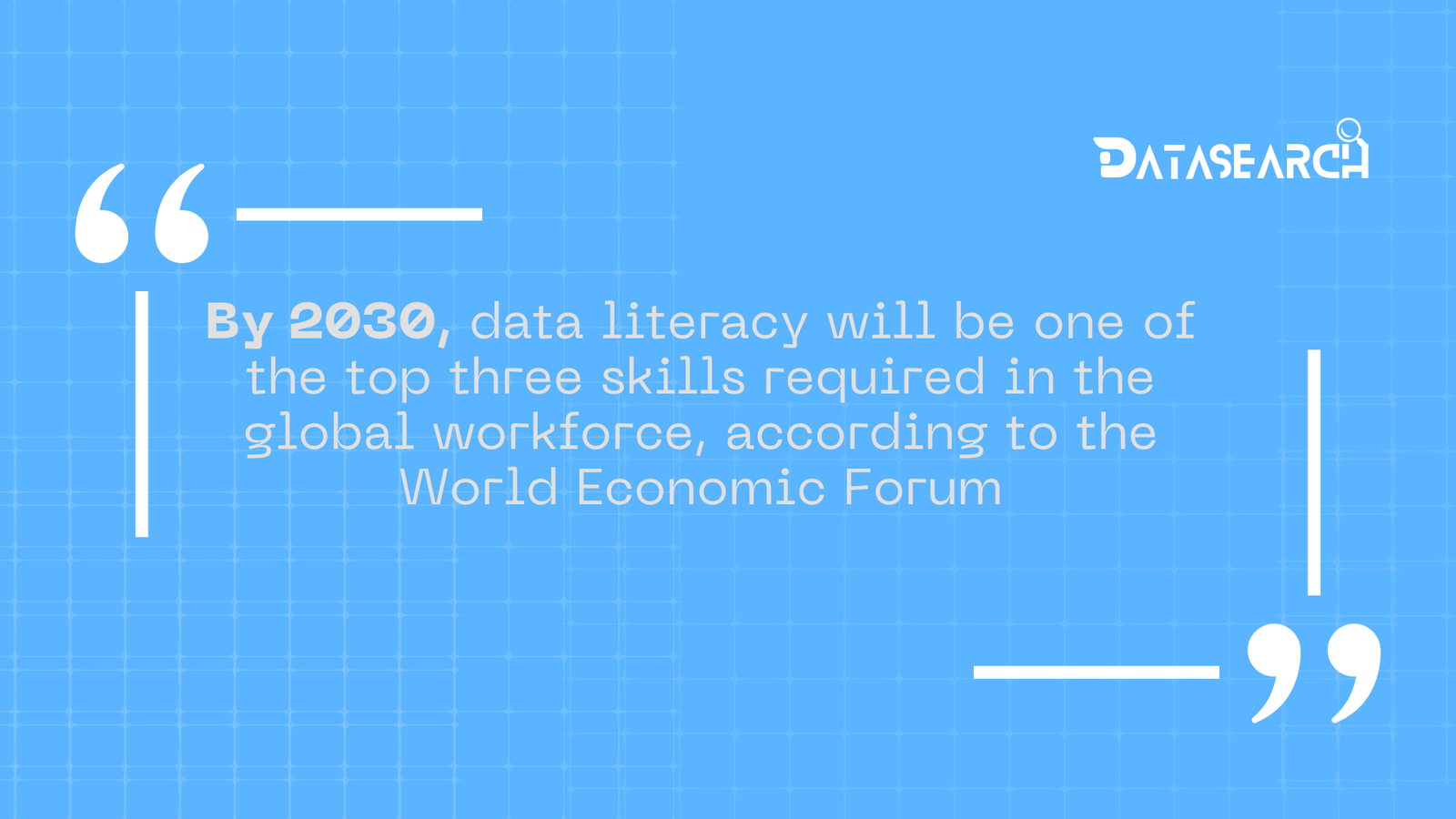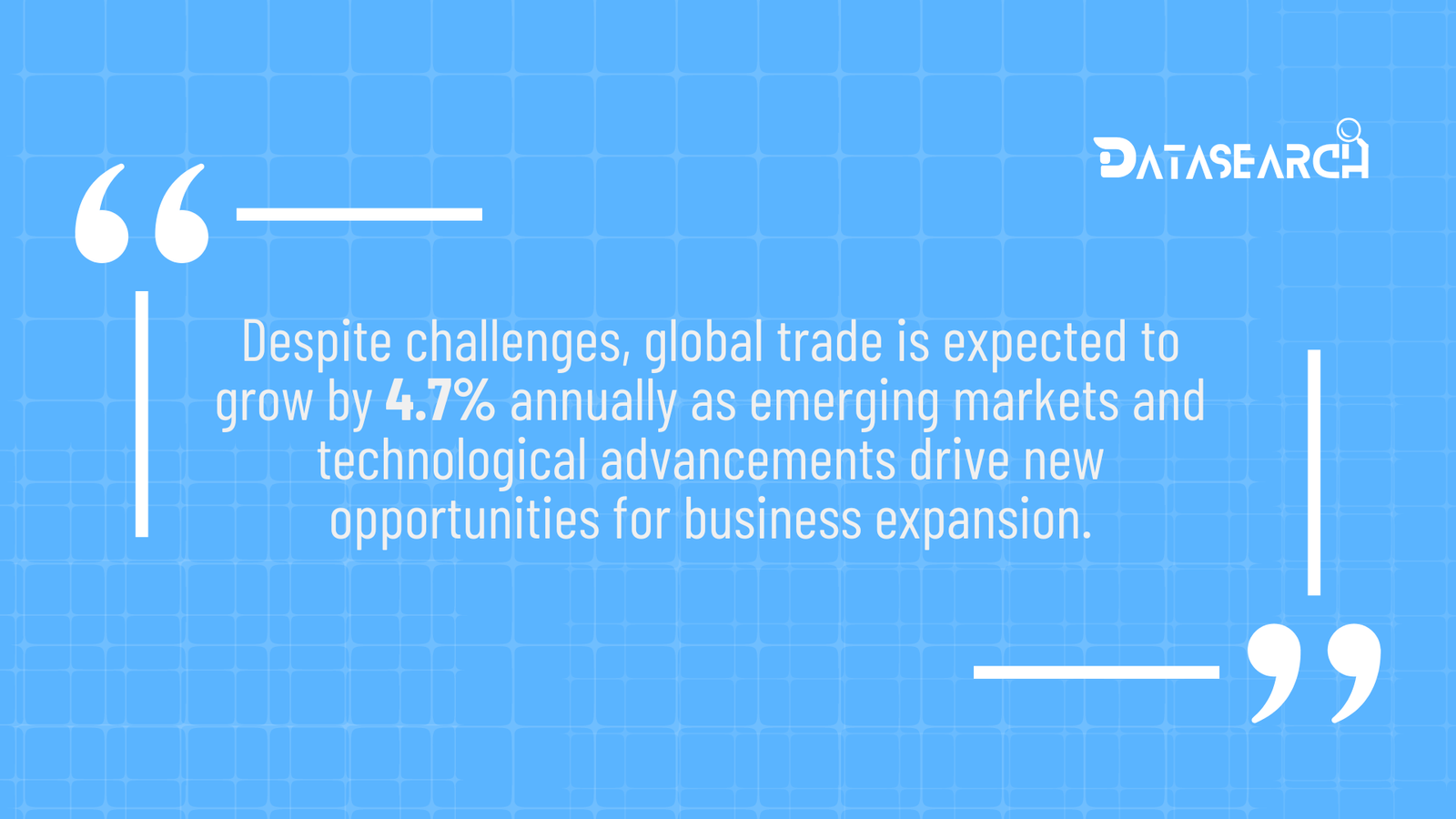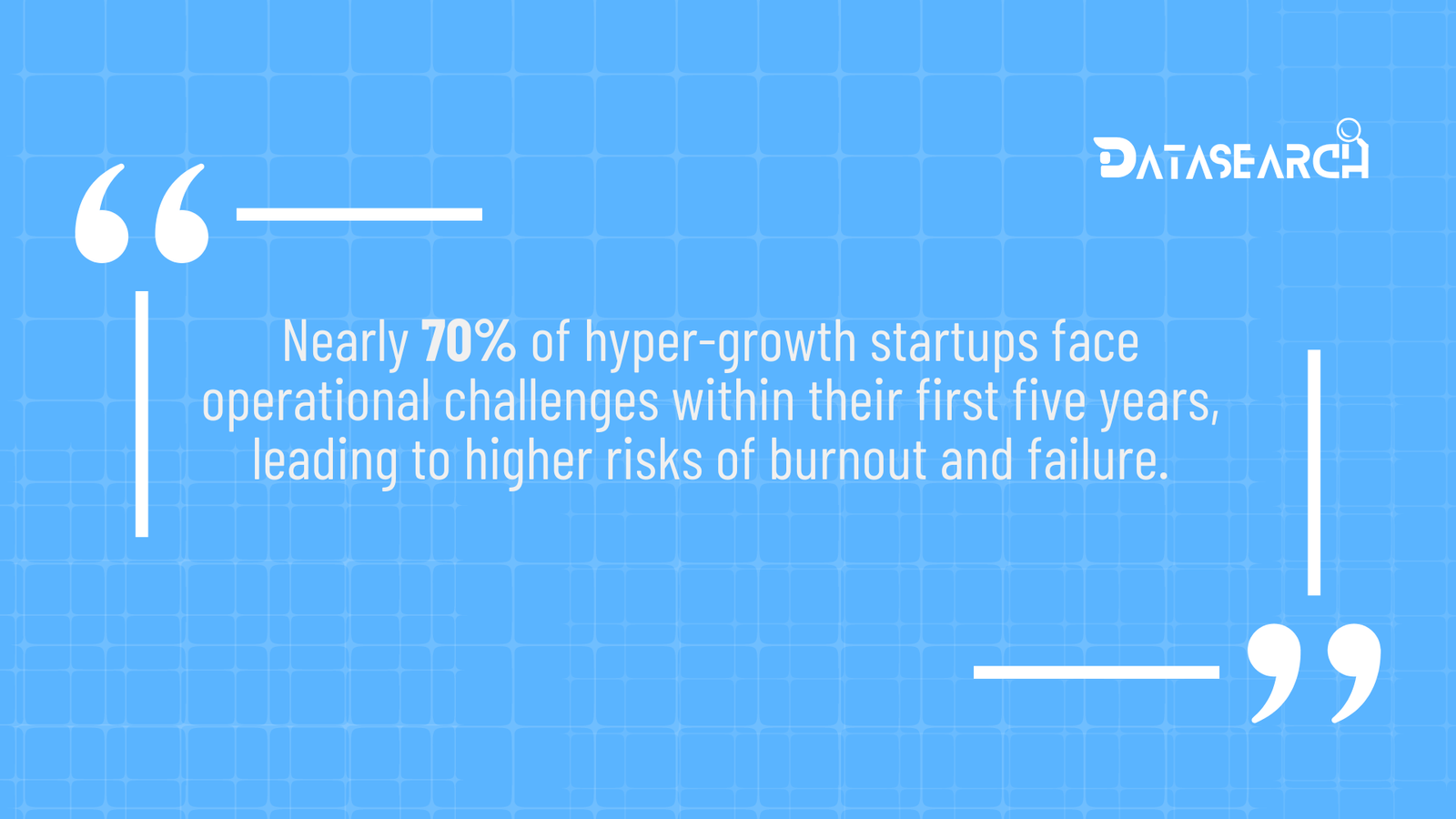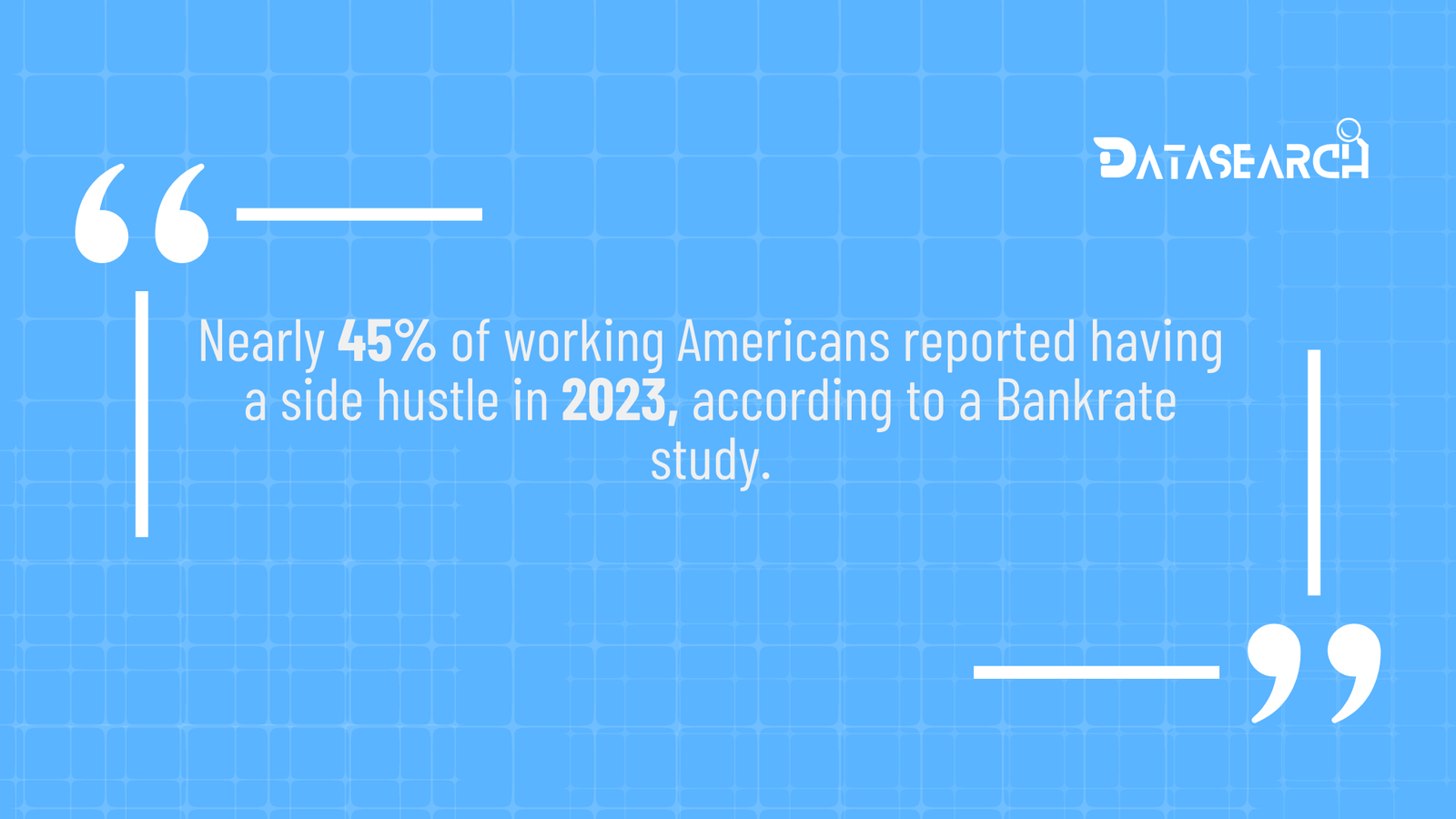In a world driven by data, the ability to understand, analyze, and interpret data is becoming a fundamental skill—one that future generations cannot afford to ignore. As industries increasingly rely on data to make decisions, solve problems, and drive innovation, data literacy is now as essential as reading or writing. It equips individuals with the tools they need to navigate a data-driven world and make informed decisions in their personal and professional lives.
In this article, we’ll explore why data literacy is critical for future generations, its benefits, and how educational systems and organizations can promote data literacy to prepare for a more data-centric future.
What is Data Literacy?
Data literacy refers to the ability to read, understand, create, and communicate data as information. This includes knowing how to:
Collect and analyze data
Understand how to gather data, evaluate its relevance, and interpret its meaning through data analysis techniques.Identify trends and patterns
Recognize key insights from data sets and use them to make predictions, solve problems, or make strategic decisions.Communicate data effectively
Present data in a way that is understandable, using charts, graphs, and other visualization tools to communicate key findings.
In essence, being data literate means having the skills to work with data as a tool to extract meaning and support decisions.
Why Data Literacy is Critical for Future Generations
Data is Everywhere
From social media platforms to healthcare systems, nearly every aspect of life today is driven by data. Future generations will encounter data not only in technical fields but in everyday situations, from personal finance to healthcare decisions. Being data literate will be crucial for navigating this data-driven landscape.Informed Decision-Making
As the amount of data continues to grow, individuals must be able to assess the validity and relevance of data to make informed decisions. This applies across various sectors, including business, politics, and personal life. Understanding data will empower future generations to differentiate between reliable information and misinformation.Preparing for the Workforce
The future of work is increasingly dependent on data. Whether it’s in marketing, engineering, or education, nearly every job now requires some level of data interaction. Data literacy will not only be a valuable skill but a necessity in the evolving job market.Driving Innovation
Innovation thrives on the ability to extract actionable insights from data. Future generations that are proficient in analyzing data will be better equipped to identify trends, solve complex problems, and create new solutions in areas ranging from technology to healthcare.Addressing Global Challenges
Data is key to tackling global issues such as climate change, public health, and economic inequality. Data-literate individuals can use data to understand these challenges, advocate for policy changes, and contribute to meaningful solutions.
Benefits of Promoting Data Literacy
Promoting data literacy from an early age offers numerous benefits, including:
Critical Thinking Skills
Data literacy fosters critical thinking by encouraging individuals to question assumptions, assess data sources, and evaluate the evidence behind claims.Problem-Solving Abilities
Understanding how to work with data enhances problem-solving abilities, enabling individuals to approach complex challenges methodically and with evidence-based solutions.Increased Employability
In a job market increasingly driven by technology, data-literate individuals will have a competitive edge, as employers seek candidates who can analyze data, generate insights, and make informed decisions.Greater Empowerment
Data literacy empowers individuals to take control of their personal and professional lives, making more informed choices in everything from health and finance to career decisions.
How to Foster Data Literacy for Future Generations
Incorporate Data Education in Schools
To ensure future generations are data literate, education systems must introduce data-related concepts early in students’ academic journeys. This can include teaching basic statistics, data visualization, and the ethical implications of data use in subjects across the curriculum.Promote Hands-On Learning
Hands-on projects, where students collect, analyze, and present their own data, can help demystify complex concepts and make data literacy more accessible. Encouraging the use of real-world data in problem-solving will help students understand its applications.Invest in Professional Development
For working professionals, organizations should offer ongoing training to improve data literacy. With data increasingly central to decision-making, investing in employees’ data skills is crucial for both individual and organizational success.Leverage Technology
Today’s technology offers powerful tools for teaching data literacy. Tools like data visualization software, online courses, and interactive dashboards allow users to explore data in intuitive and engaging ways, making it easier to grasp complex concepts.Encourage Collaboration Between Industries and Schools
Collaboration between educational institutions and industries can ensure that data literacy programs are aligned with the needs of the workforce. This partnership can help schools design relevant curricula and provide students with practical experiences through internships and real-world data projects.
The Role of Businesses in Promoting Data Literacy
Businesses also play a vital role in fostering data literacy. By offering data literacy programs and ensuring that employees across all departments can work with data, companies can build a more data-driven culture. In doing so, businesses not only drive better decision-making but also contribute to the broader goal of preparing the workforce for a data-centric future.
How DataSearch Supports Data Literacy
At DataSearch, we believe that data literacy is the foundation for innovation and progress. Our platform is designed to empower businesses and individuals by making data more accessible and understandable. With advanced tools for data analysis, visualization, and training, we help organizations foster a culture of data literacy, enabling better decision-making and future-ready workforces.
Visit DataSearch.pro to learn more about how we can support your data literacy journey and help you prepare for a data-driven future. 📊📚




